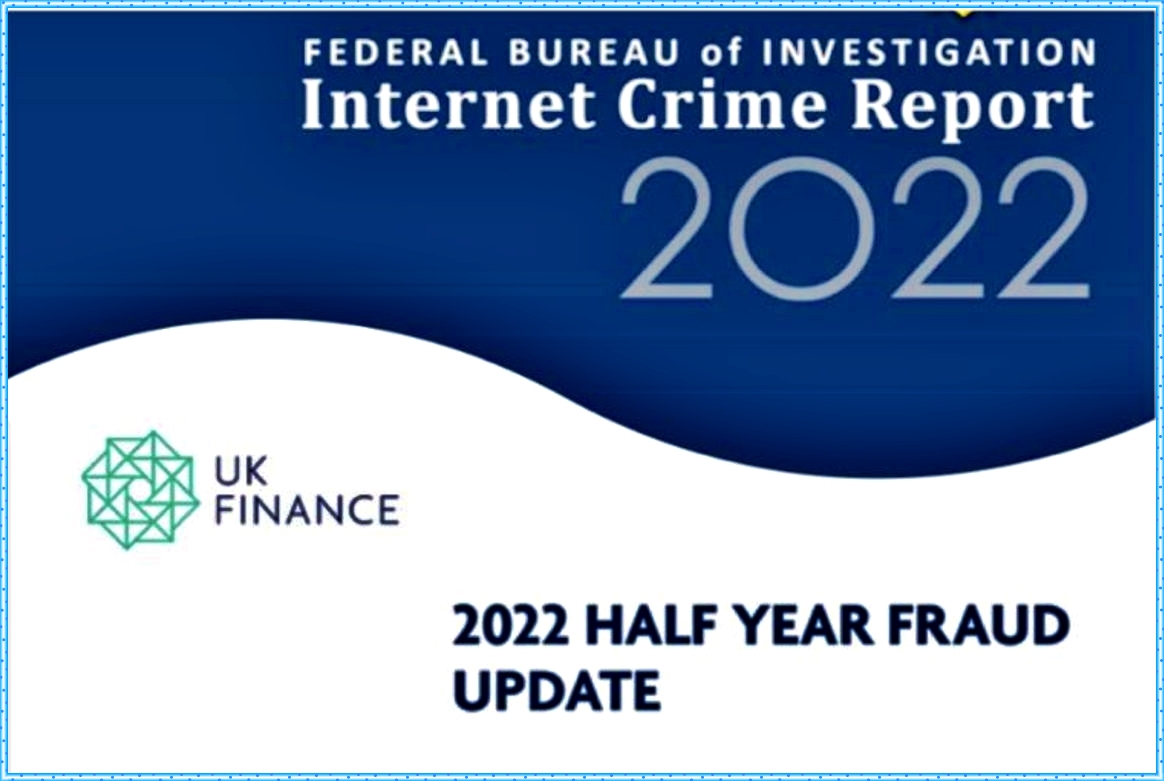UK Finance – Half Year Fraud Update 2022
“Fraudsters also abuse remote access software applications to gain control of their victim’s
online banking facilities. The criminals will typically claim to be providing support from an IT service or
internet service provider and convince the customer to download and install remote access applications to their laptop or PC.Losses from internet banking fell by 43 per cent to £61.2 million in the first six months of 2022, compared to the all time high reported in H1 2021 of £108 million. The number of cases also decreased by 50 per cent, to 21,487. Again, these significant decreases reflect that this type of fraud would have been at its most prevalent during lock-down when many people would have been working from home, spending longer online, and doing more internet shopping which provided criminals with greater opportunities to trick people into revealing their security information. These opportunities have therefore reduced as restrictions are eased and ways of living return to normal.
£7.7 million (13 per cent) of these losses across internet banking fraud were recovered after the incident”
UK Finance
Source: Half Year Fraud Update 2022








